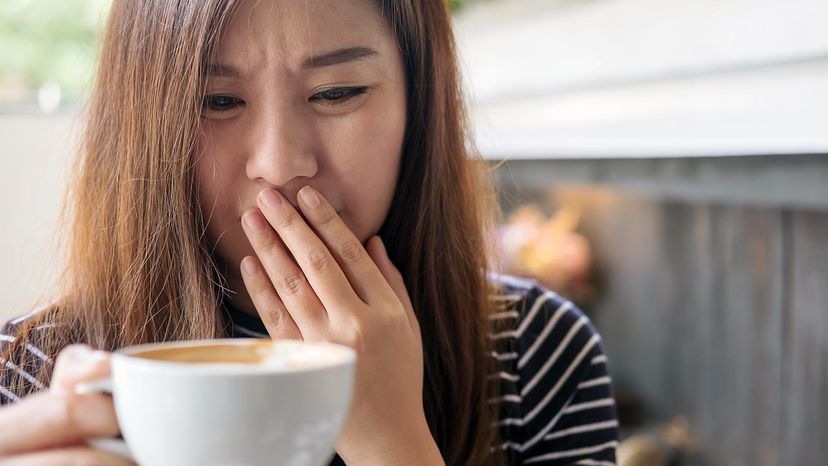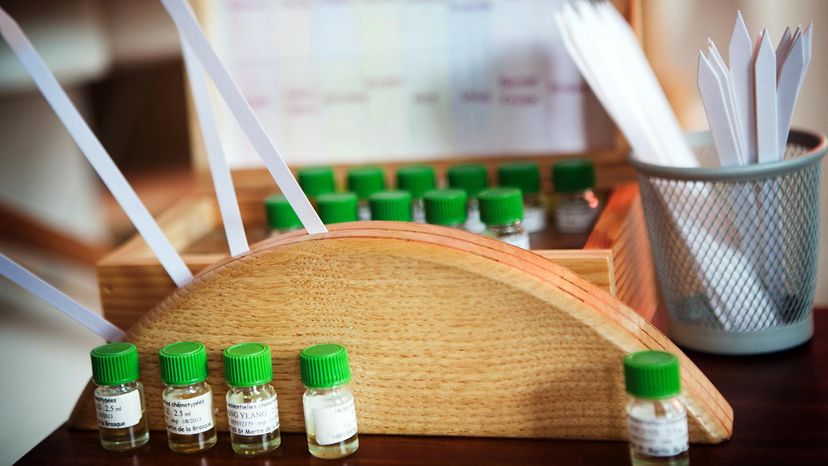
It became obvious to Atlantan Mark Byrd last February that he, his wife and young daughter had come down with COVID-19. All three got sick and lost their sense of smell — one of the hallmark symptoms of the coronavirus.
Byrd had a nasty bout with the virus, but nothing bad enough to send him to the hospital. His wife required a monoclonal antibody infusion because she is immunocompromised, but eventually, all three recovered. His wife and daughter regained their sense of smell, but he didn't. "At the time, I just didn't think too much about it," he says, assuming he would sooner or later.
Advertisement
Then, after four long months, Byrd finally began to pick up on the faintest smells. But after another month went by, he developed a constant metallic taste in his mouth. That's when things began to go south. Byrd's sense of smell fully returned, but it was different. Hand soap smelled like rotting corpses, he says. Roses, like feces. An afternoon swig of beer sent him gagging. No one else around him seemed to pick up on these awful odors and tastes.
Desperate for answers, and a little suspicious that COVID-19 was to blame, Byrd jumped on the internet and discovered he was not alone — or crazy. News accounts were limited, but there were virtually thousands of people in Facebook groups who had recovered from COVID-19 but were left with a disturbing distortion of smell, a condition, he learned, is called parosmia.
Advertisement



